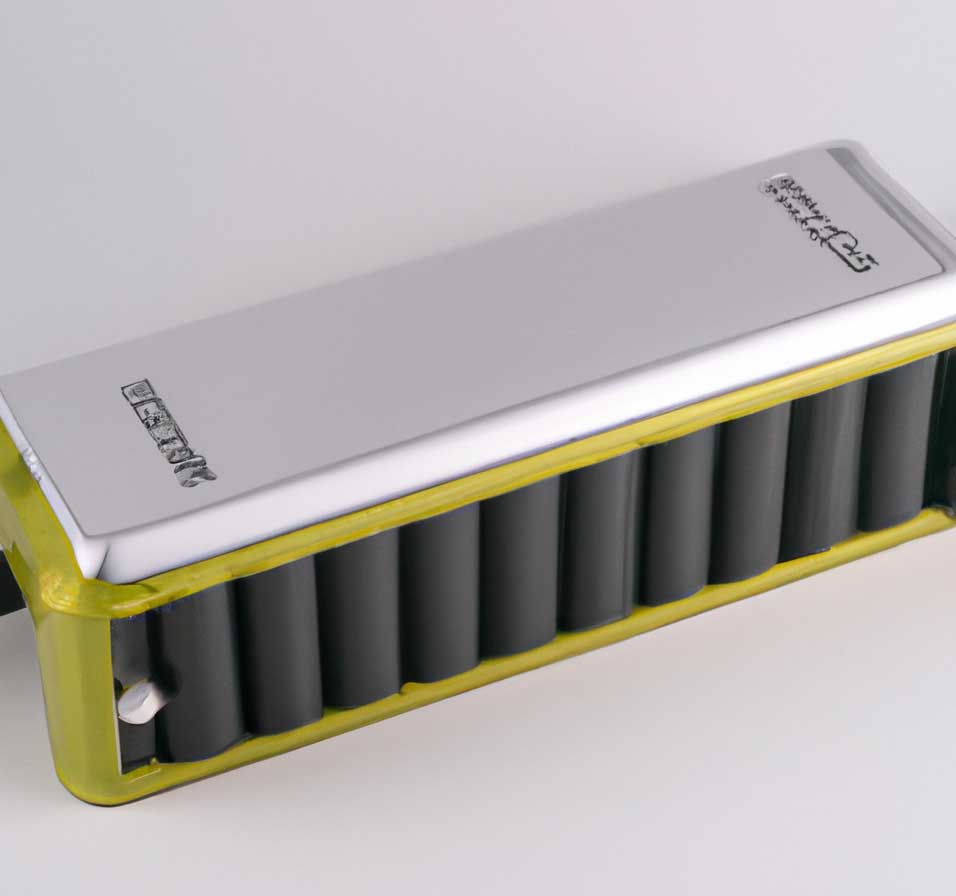Exploring Lithium-Ion Batteries for DIY Solar Installations in Canada
Greetings All!
When it comes to DIY solar installations in Canada, choosing the right battery is crucial for maximizing energy efficiency and sustainability. Among the various options available, lithium-ion batteries have gained significant attention due to their exceptional performance and environmental benefits. In this blog post, we will delve into the world of lithium-ion batteries and explore their functionality, compatibility with Canadian solar systems, and their impact on the environment. By understanding the intricacies of these batteries, you can make an informed decision and embark on your DIY solar journey with confidence.
How Lithium-Ion Batteries Work:

Lithium-ion batteries operate based on a chemical reaction that occurs within their cells. They consist of a cathode, an anode, and an electrolyte solution. During charging, lithium ions move from the cathode to the anode through the electrolyte, storing energy. When discharging, the process reverses, and the stored energy is released as the lithium ions move back to the cathode. This repeated movement of ions allows lithium-ion batteries to efficiently store and deliver electrical energy. Their ability to recharge and discharge multiple times makes them ideal for solar installations, where energy storage is essential.
Environmental Impact of Lithium-Ion Batteries:
While lithium-ion batteries offer numerous advantages, it is essential to consider their environmental impact. The production and disposal of lithium-ion batteries involve certain environmental considerations. The extraction of raw materials, such as lithium, cobalt, and nickel, can have ecological consequences if not managed responsibly. Additionally, the disposal of lithium-ion batteries requires proper recycling processes to prevent potential harm to the environment. However, it's worth noting that advancements in battery technology and increasing recycling efforts are addressing these concerns.
Lithium-ion batteries, on the other hand, have several environmental benefits compared to traditional lead-acid batteries. They are more energy-efficient, have higher power density, and longer lifespan. This means they require fewer replacements over time, reducing waste. Additionally, lithium-ion batteries do not contain toxic materials like lead and acid, making them safer to handle and dispose of. Furthermore, as the renewable energy sector grows, increased demand for lithium-ion batteries drives innovation and sustainability efforts, leading to improvements in their environmental impact.
Conclusion:
Lithium-ion batteries are a viable and efficient choice for DIY solar installations in Canada. Their functionality, high energy density, and longer lifespan make them well-suited for storing solar energy and maximizing the benefits of your solar system. While it is important to consider their environmental impact, advancements in battery technology and increasing recycling efforts are enhancing their sustainability. By choosing lithium-ion batteries for your DIY solar project, you can contribute to a greener future while enjoying the advantages of clean and renewable energy.
Hopefully this will help you make an informed choice!
Katie
- Posted On: June 24, 2023
Send us your feedback:
Recent Blog Entries...
- Net Metering In Ontario-A Guide To Efficient Home Energy
- Comparing Solar Installations Professional Vs DIY
- Why Solar Energy Shines Brighter For Homes Than Geothermal Energy
- The Economics Of DIY Solar Projects In Canada
- Choosing The Right Inverter For DIY Solar
- Installing Solar Panels A Complete DIY Guide


Comments & Replies
Harrold Says:
It appears that Li-On batteries are much more costly to purchase in Canada than in the United States. Is there an issue with importing them into Canada for my DIY Solar installation?
Jan Says:
While lithium-ion batteries offer several benefits compared to other battery technologies, we have to acknowledge their potential negative impact on the environment. The production, use, and disposal of lithium-ion batteries does contribute to environmental concerns. The extraction of raw materials, such as lithium, cobalt, and nickel, can involve environmentally damaging practices and contribute to resource depletion. Additionally, improper disposal or inadequate recycling of lithium-ion batteries can result in the release of hazardous chemicals and heavy metals, which can pollute soil and water sources if not managed properly.
Join the conversation using the form below...